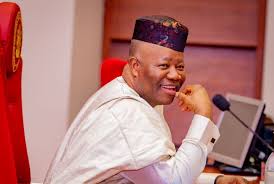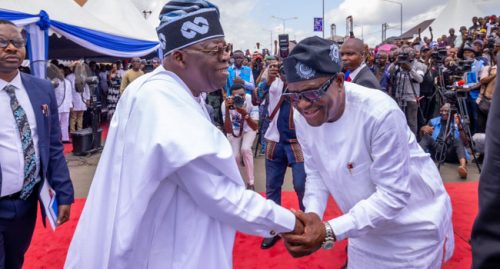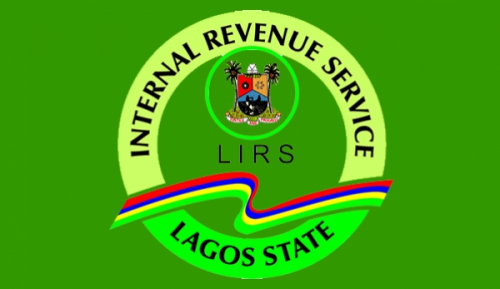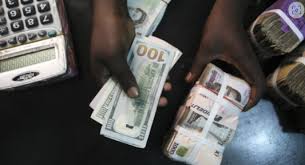Impacts of major judicial pronouncements, events in 2019
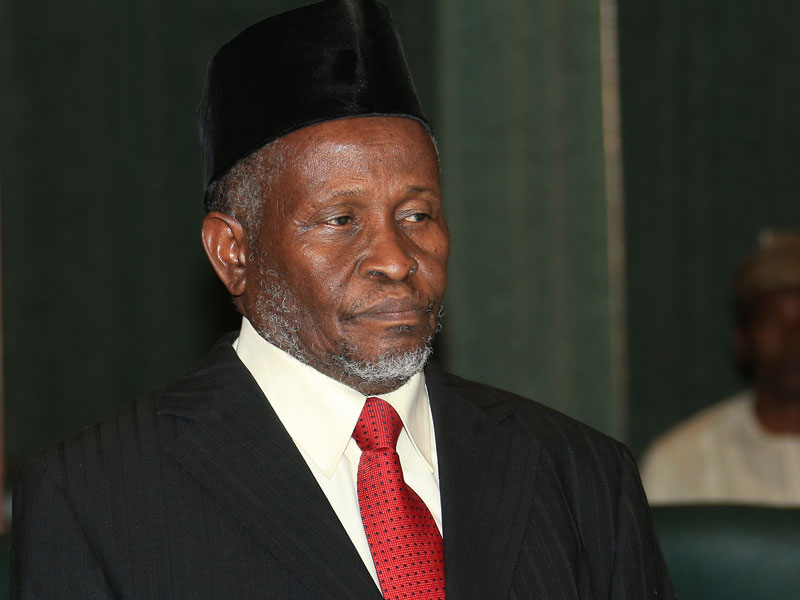
The Nigeria judiciary will remember 2019 as the year its head was convicted. Indeed, 2019 began amidst fears that the turbulent events of the preceding year 2018 which saw the midnight arrests of seven serving judges would repeat itself.

That fear was at its height early in the year and just as the judiciary was recuperating from the shock, the Code of Conduct Bureau filed criminal charges of misconduct against Chief Justice of Nigeria (CJN) Justice Walter Samuel Onnoghen.
Justice Onnoghen was arraigned. His arraignment and conviction at the Code of Conduct Tribunal shook the judiciary the third arm of the government to its very foundation.
He was convicted of falsely declaring his assets after failing to reveal the money he has in foreign bank accounts. The tribunal consequently ordered the forfeiture of the money in his five accounts. Justice Onnoghen was also banned from holding public office for 10 years. He has since appealed against the decision.
While the Danladi Umar led Code of Conduct Tribunal was having difficulties getting the CJN Onnoghen to appear for arraignment President Muhammadu Buhari ordered his suspension from office.
Buhari immediately appointed Justice Ibrahim Tanko Muhammad as the Acting Chief Justice of Nigeria (CJN).
Onnoghen’s suspension by President Muhammadu Buhari in January, weeks before the presidential election, caused a political storm.
Buhari was accused of meddling with the judiciary in case the outcome of the election was challenged in court. But President spokesman said that at the time of Onnoghen’s suspension,” trying to link it with the elections was “illogical”.
The election umpire, the Independent National Electoral Commission (INEC) conducted the election and declared President Muhammadu Buhari the winner of February 23, 2019 general election.
The result was challenged at the Presidential Election Petition Tribunal in Abuja by his close rival, the presidential candidate of Peoples Democratic Party (PDP) Alhaji Atiku Abubakar among others.
Atiku contention was that Muhammadu Buhari is not qualified to contest the election. This was rejected by the Court of Appeal who held that issue of educational qualification for the office of President of Nigeria has been settled by the provisions of the Constitution of the Federal Republic of Nigeria (1999), as amended.
Relying on Section 131(d) of the Constitution of the Federal Republic of Nigeria, 1999 (as amended) which prescribes a School Leaving certificate for the post of President, the Court of Appeal held that Muhammadu Buhari who was educated up to secondary school was eminently qualified to contest the post of the President of the Federal Republic of Nigeria.
Dissatisfied, Atiku and PDP challenged the decision of the Court of Appeal at the Supreme Court. In its judgment the Supreme Court affirmed the decision of the Court of Appeal and dismissed their appeals. Thus it brought to an end the 2019 presidential elections dispute.
Read Also: Ekiti Assembly confirms Fasakin as new Auditor-General for LG finances
The decision of the apex court on Buhari qualification rattled many Nigerians who erroneously believed that a contestant for the post of president must be a graduate.
The decision also settled many other election disputes that have raised similar issues of disqualification of their political opponents. It is now settled that unless as provided for in the Constitution no other criteria disqualify a contestant for a political office.
Dust were raised by the Coalition of political parties over the composition of the panel of Supreme Court that heard Atiku’s appeal.
The Coalition had accused the CJN , Justice Muhammad of jettisoning the age long tradition of appointing most senior justices of the apex court to serve on the panel. But the decision to appoint justices to serve on any of the panel of the apex court is at the discretion of the CJN.
Besides the panels, none of the governors who won their governorship elections on March 9, 2019 lose their post at the Supreme Court. In fact, Supreme Court heard and delivered eight states governorship appeals in one day.
The Supreme Court did not upturn any governorship election results in 2019. The impression was thus created that the 2019 was substantially conducted in compliance with the electoral Act, even when it was glaring that impunity, illegality and violence marred some constituencies during the elections.
Equally worrisome was the fact that all the pre election suits were caught by the Fourth Alteration to the Constitution which prescribed 14 day timeline for filing a legal action. However, Court of Appeal nullified the elections of Senator Dino Maleye the Kogi West and the Senate spokesman Senator Dayo Adeyeye.
Complaints against federal government disobedience to court order persisted in 2019 until December when the Attorney General of the Federation Abubakar Malami (SAN) asked the Department of State Security Service (DSS) to release the former National Security Adviser Col. Sambo Dasaki (rtd) and Omoyele Sowore.
Dasuki who is standing trial for allegedly being in possession of fire arms and money laundering was granted bails by several courts in 2016 while Sowore the convener of “#RevolutionNow protest” was charged with treasonable felony. He also secured a bail that was not obeyed.
Sowore’s re- arrest after the invasion of the court room by the operatives of the DSS on December 6, 2019 attracted a wide condemnation forcing the AGF Abubakar Malami to take over the matter. He publicly announced an investigation of the incident, the result of which the public is still expecting.
While adducing reasons for their release, Malami said that the case of the leader of Islamic Movement in Nigeria (IMN) Ibraheem el-Zakyzaky who also has been in detention since 2015 was being handled by Kaduna State government.
Recall that following the unfortunate clash with soldiers in 2015 the Federal High Court in Abuja had in judgment ordered el- Zakyzaky release and resettlement. That order is yet to be complied with.
The year also witnessed the conviction of former governor of Abia State, Senator Orji Uzor Kalu by the Federal High Court in Lagos.
The matter has dragged for 12 years until the president of Court of Appeal granted leave to trial court judge who has been elevated to the Court of Appeal to return to the federal high court and conclude the trial.
The controversy generated by an arbitration judgment debt of $9.6bn that hit the country in 2019 lingers on. In the ensuing fight over the debts, the federal government has arraigned in court some persons including a director of P&ID and a former director of legal service in ministry the Petroleum for alleged complicity.
The government has also secured the conviction of the P&ID Nigerian and a number of its staff.
2019 also saw the appointments and confirmation of Justice John Tsoho as the Chief judge of Federal High Court and Justice Benedict Kanyip as the President of National Industrial Court.
The Attorney general of the federation and Minister of Justice Abubakar Malami (SAN), in his appraiser of the performance of the judiciary said it has done excellently well during the year.
According to him, all the suits and petitions arising from the 2019 general election have been deposed off by the courts. He said that the speedy determination of the election petitions have allowed all level of governments to face issues of governance. He however appealed to the legislature to give consideration to the bill on electoral Act.





